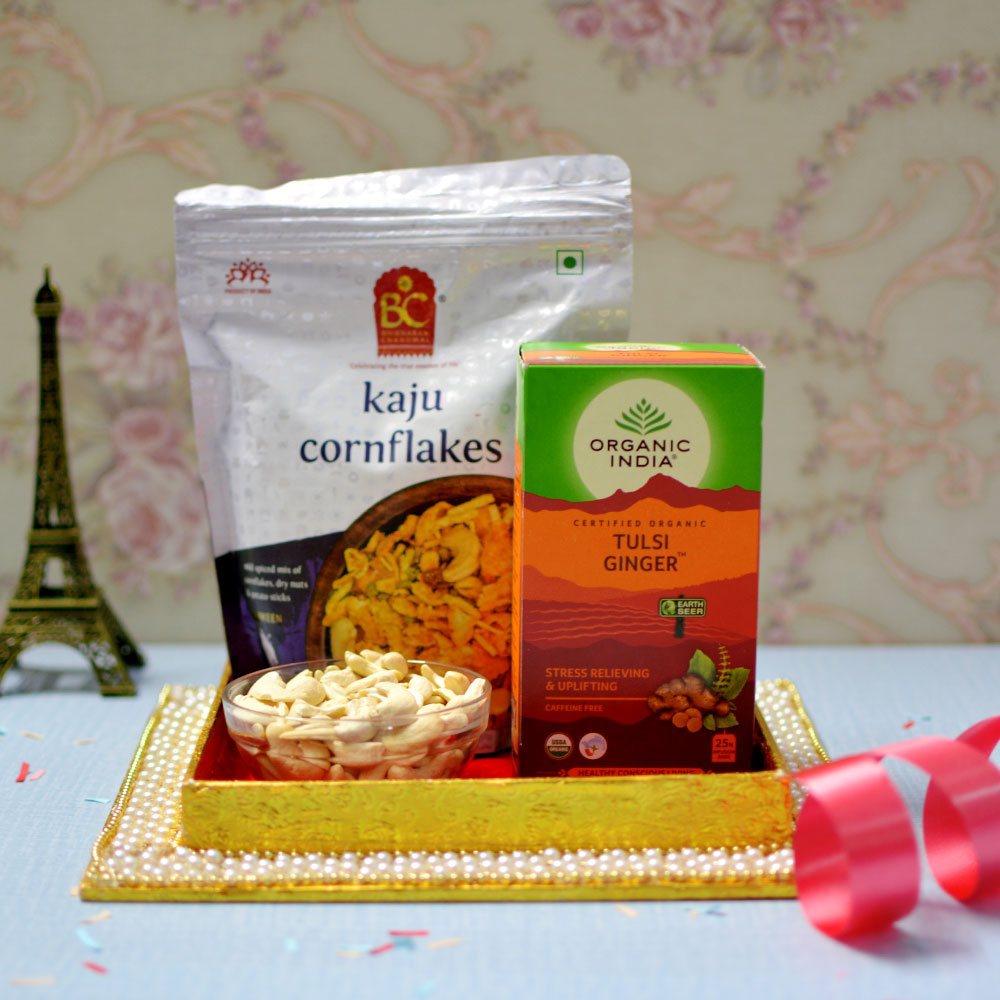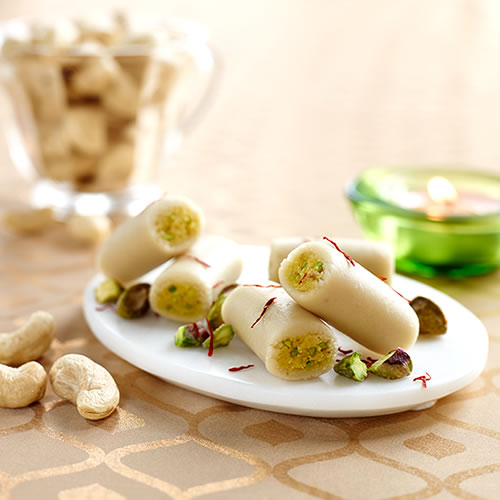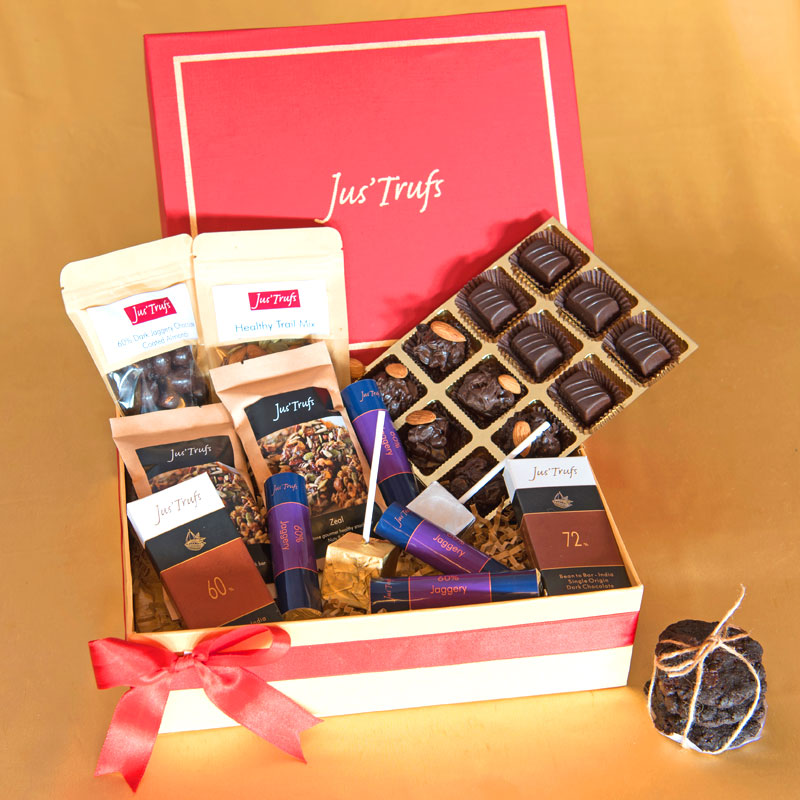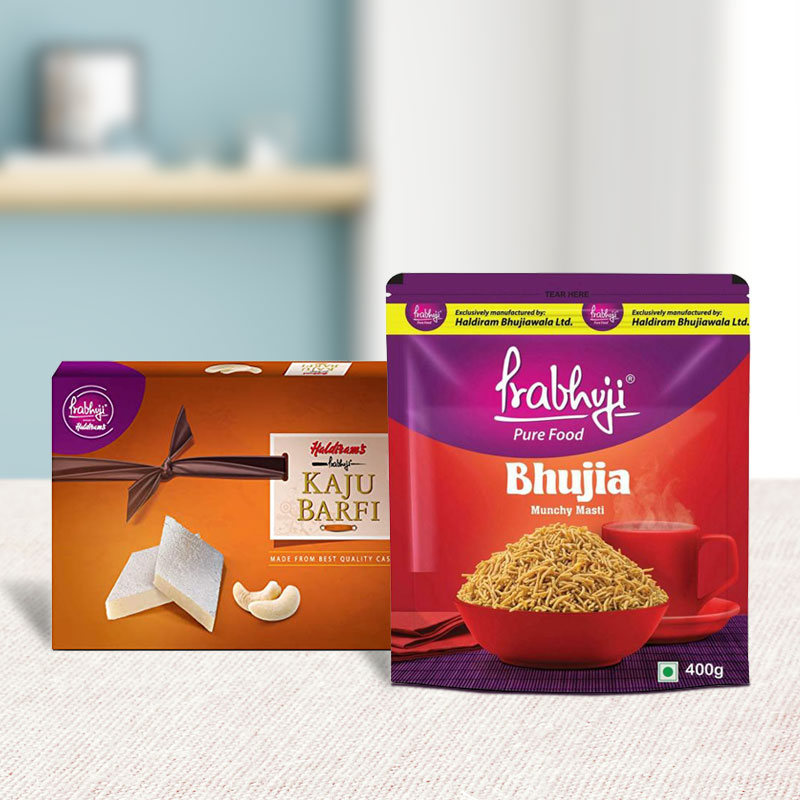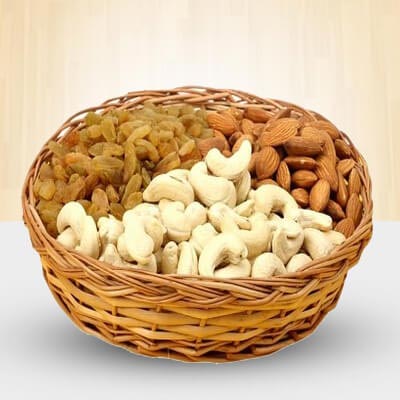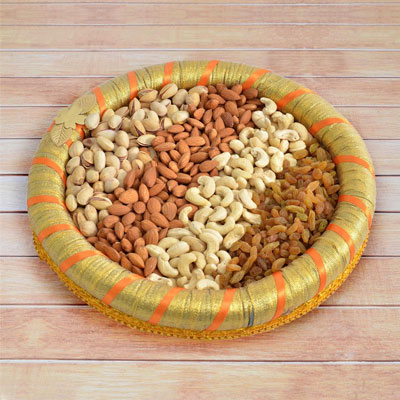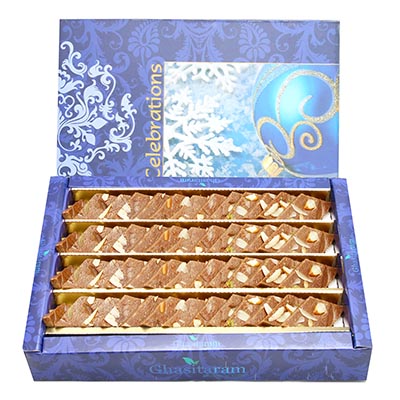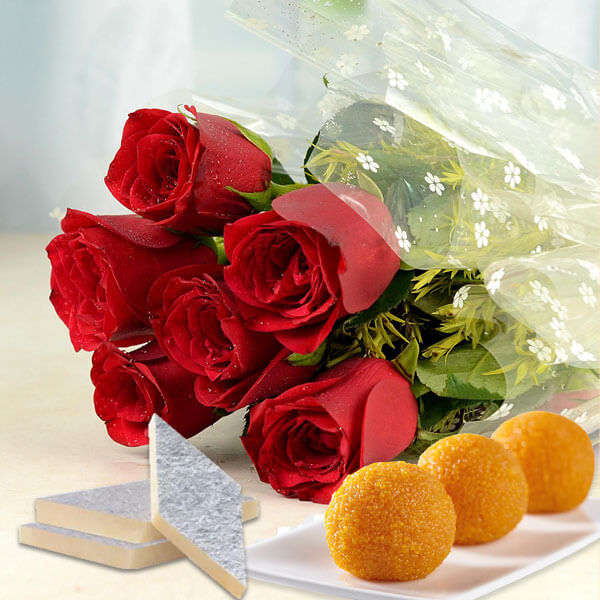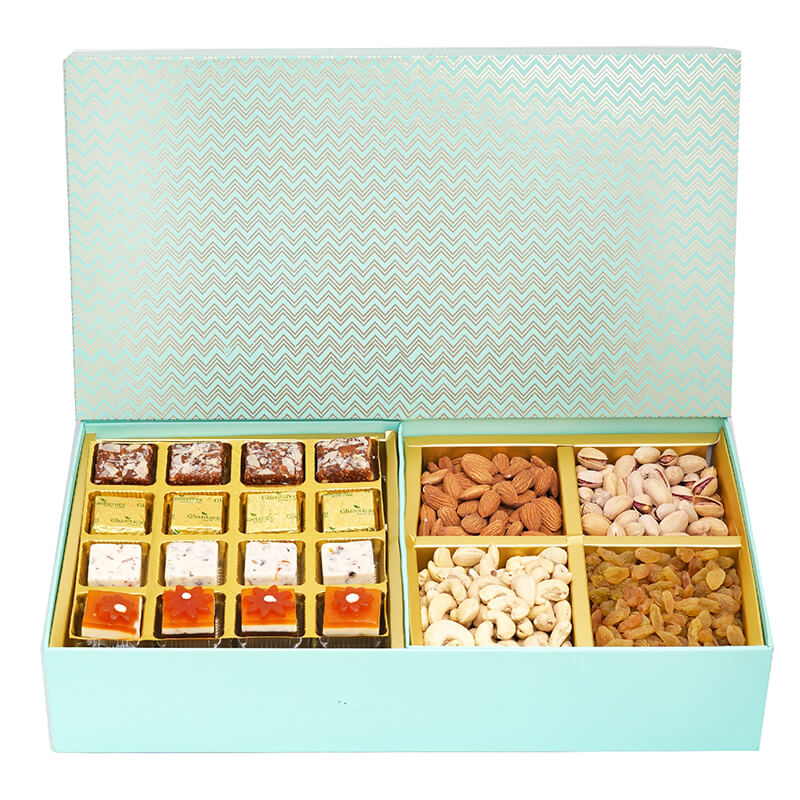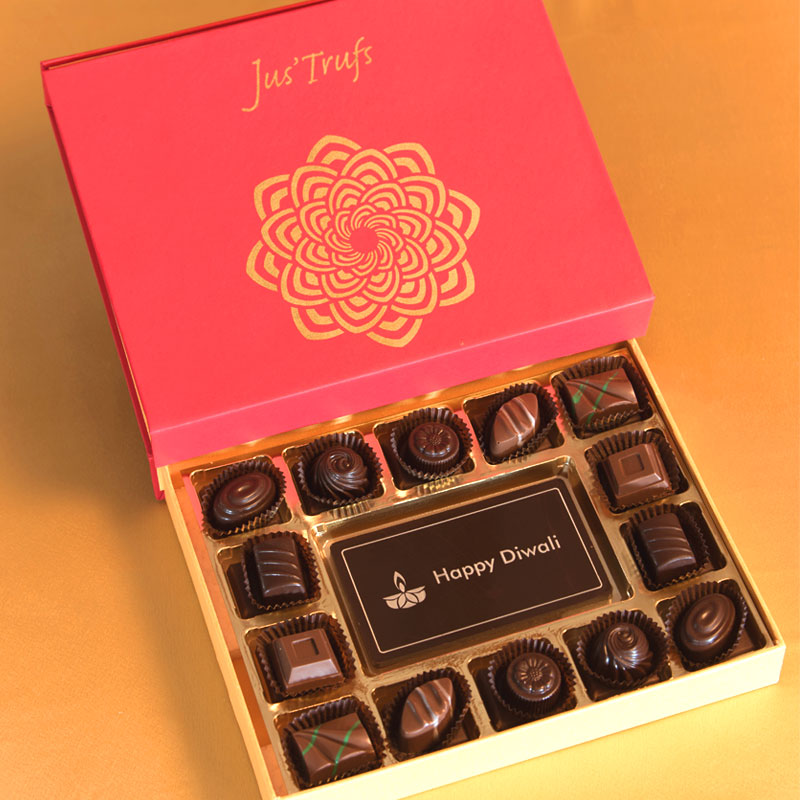Diwali, also known as Deepavali, is one of the most widely celebrated festivals in India and among the Indian diaspora worldwide. This festival of lights is not just about illuminating homes but also hearts, symbolizing the triumph of light over darkness and good over evil. To truly appreciate the significance of Diwali, it’s essential to delve into its rich history and the cultural tapestry it represents.
Ancient Roots: The Origins of Diwali
The history of Diwali dates back thousands of years to ancient India. Its origins are rooted in Hindu mythology, particularly the epic stories of the Ramayana and the Mahabharata.
- The Ramayana Connection: Diwali is believed to commemorate the return of Lord Rama, along with his wife Sita and brother Lakshmana, to their kingdom of Ayodhya after defeating the demon king Ravana. The people of Ayodhya celebrated their return by lighting rows of earthen lamps, or diyas, to symbolize the victory of light over darkness and good over evil.
- The Mahabharata Connection: Another significant legend associated with Diwali is the return of the Pandava brothers to their kingdom after years of exile. The people welcomed them by lighting lamps, and this tradition continues today.
Diwali Across Different Religions and Regions
While Diwali is primarily a Hindu festival, its celebrations have transcended religious boundaries and have been embraced by various communities in India and beyond.
- Jainism: For Jains, Diwali marks the spiritual awakening of Lord Mahavira, the 24th Tirthankara, who attained nirvana on this day. Jains light lamps to symbolize knowledge and enlightenment.
- Sikhism: In Sikhism, Diwali is associated with the release of Guru Hargobind Ji, the sixth Sikh Guru, from imprisonment. Sikhs celebrate Bandi Chhor Divas on this day, marking their guru’s return.
- Buddhism: For Buddhists, Diwali signifies the day Emperor Ashoka embraced Buddhism and converted to a path of non-violence and peace. Some Buddhists celebrate Diwali by visiting temples and lighting lamps.
- South India: In South India, Diwali has a distinct flavor. It often involves the worship of Goddess Lakshmi, the goddess of wealth, and the creation of colorful rangoli designs outside homes.
Diwali Traditions and Celebrations
Diwali is celebrated with great enthusiasm and diverse customs across India. The most common traditions include:
- Lighting Diyas and Lamps: People decorate their homes with rows of diyas, candles, and electric lights, transforming entire neighborhoods into a spectacle of light.
- Rangoli Art: Elaborate rangoli designs, made with colored powders, rice, or flower petals, adorn doorsteps, adding to the festive spirit.
- Exchanging Gifts: Gifting is an integral part of Diwali. Families exchange sweets, dry fruits, and presents as a gesture of love and goodwill.
- Fireworks: Colorful fireworks light up the night sky, creating a breathtaking display of colors and patterns.
- Feasting: Diwali feasts feature an array of delicious sweets and savory dishes, with each region having its own culinary specialties.
- Prayers and Pujas: Families visit temples to seek the blessings of deities like Lord Ganesha and Goddess Lakshmi for wealth, prosperity, and well-being.
Modern Diwali: A Time for Togetherness
In modern times, Diwali has transcended its religious roots to become a festival that unites people of all backgrounds. It’s a time when families come together, friends exchange gifts, and communities join in the celebration of light and life. Diwali beautifully illustrates the diversity, unity, and enduring spirit of India—a nation that cherishes its traditions while embracing the changing tides of time.
Related Gifts
Categories
- Anniversary
- Bhaidooj Gift
- Birthday
- Cakes
- Children's Day Gift
- Christmas Gift
- Diwali Gift
- Easter Gift
- Father's Day Gift
- Flowers
- Friendship Day Gift
- Gifts for Her
- Gifts for Kids
- Gifts to India
- Mother's Day Gift
- New Year Gift
- Personalized Gift
- Rakhi Gift
- Ramadan and Eid Gift
- Same Day Gift Delivery
- Valentine's Day Gift
- Wedding Gift
- Women's Day Gift
